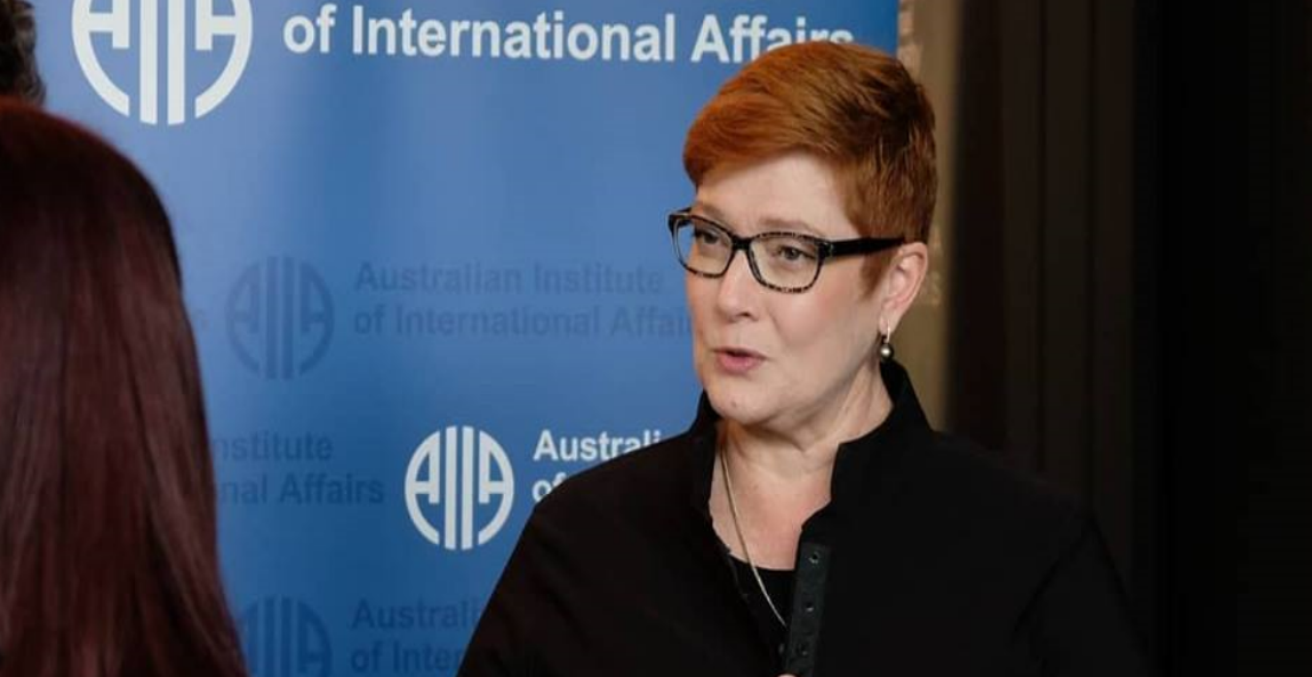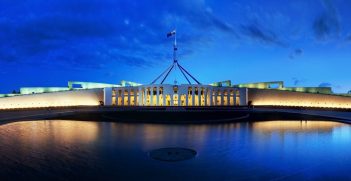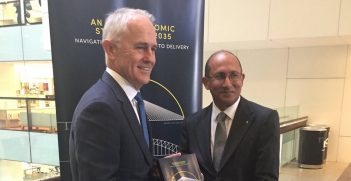Australian Foreign Policy: Making the World Work

In a more contested world, the future of the global order will be determined in large part by how the major powers manage strategic competition. However, it will be determined also by how others, including Australia, work constructively to sustain an international system that supports prosperity and peace.
This is an extract of the Minister’s speech at the 2018 AIIA National Conference on 15 October. For the full speech, click here.
These are important times in international affairs. We face an uncertain global environment — from Australia’s perspective, more so than any time since the end of the Second World War. We are in the midst of a major strategic realignment in the Indo-Pacific. […]
The global balance of power is undergoing a structural shift — the economic and strategic power of states in our region, particularly China, but others as well, including Japan, India and countries of ASEAN, is growing. For Australia, these changes present real opportunities — as well as considerable challenges. […]
As Prime Minister Morrison said in Indonesia last month, our region — the Indo Pacific — is now right at the fulcrum of the global economy. This means more opportunity for Australian businesses in a region that is richer and more potential investment to sustain the momentum of our economy. But there is also challenge.
As the Foreign Policy White Paper identifies, competition for influence in the region is growing — and we have seen that occur rapidly, even in the year since the White Paper was published. Again the move to a more multipolar region — and an era in which we are seeing both the United States and China exercise substantial influence — will require significant adjustment and cooperation among states, multilaterally and bilaterally.
We will need to respond in new ways. We will need to be agile.
And while we are very conscious that the major powers are front and centre of current dynamics, Australia and other players still have agency; it is not only the major powers that can affect change.
Australia continues to have significant weight in our region, as we have shown in the roles we have played over recent decades, including in the building and the strengthening of regional architecture.
We should not underestimate our own influence, the effectiveness of our diplomacy, our weight — although all of these will need to be maximised if we are to meet the challenges to which I’ve referred.
The Foreign Policy White Paper is a good place to start. It sets an ambitious, yet achievable, goal to help shape a region favourable to our interests — a region in which the rights of all states are respected and where adherence to rules delivers lasting peace.
And we have a strategy — a set of interlocking activities to seek to achieve this goal. These activities include our support for the US Alliance and encouraging strong US engagement in the region; strong partnerships with other key democracies such as Japan and India; support for ASEAN and its institutions, particularly the East Asia Summit; support for an open, integrated regional economy; and a strong and productive relationship with China.
Our neighbours recognise and value our commitment to shaping our region. […]
Australia has a unique role to play in the Pacific, something I have seen first-hand as Defence Minister — and as Foreign Minister. We have played that role in creative, constructive and cooperative ways through our development assistance programs, which help to build prosperity and build resilience to natural disasters and climate change, as well as in supporting security, as we have done in recent years in the region through our Defence Cooperation Program, and perhaps more historically through the Regional Assistance Mission to the Solomon Islands. And we will continue to play that role in partnership with Pacific Island countries in this time of geopolitical change. […]
Further afield, in Southeast Asia and more broadly, ASEAN remains central to the continued stability and prosperity in our region. ASEAN is the collective voice of Southeast Asia. Through its convening power, it brings together the countries of the Indo Pacific to discuss collectively our most important challenges — security, economic, and more broadly. Australia remains deeply committed to the institutions of ASEAN, including the East Asia Summit. In fact, in the current period of geo-political flux, we have even stronger interests in working with ASEAN — and within its institutions — to ensure the freedom of manoeuvre of all states. […]
The ASEAN-Australia special summit in March this year reaffirmed our shared commitments by the Sydney Declaration — which sets out ASEAN’s and Australia’s shared commitment to work together towards a more secure and prosperous region.
Across history, the big dynamics are shaped by the major powers. At this moment of history — characterised by growing competition between the United States and China — we expect major-power dynamics to be more, not less, prominent.
And borrowing from the theme of this conference, to make the world work, the power of the major players works in combination with rules and norms that can serve to guide cooperation on global challenges and help ensure the ability of all countries to pursue their interests securely. A global order that is to be sustainable in an era of globalisation needs a rules-based element. […]
We will be safer and more prosperous in a world where global differences are managed, and global challenges met, by agreed rules rather than the exercise of power alone. And many, if not most, of our international partners remain proponents of an international system that includes strong multilateral institutions and a strong rules-based component to global order.
However, there is no room for complacency. The challenges to the status quo are of a different order of magnitude to any in the post-war period. And the system itself is not without faults.
I agreed with the observations UN Secretary-General Antonio Guterres made in his address to the UN General Assembly last month, that some “21st-century challenges [are] outpacing 20th-century institutions”.
Australia recognises the need for reform and far from abandoning the international system we are speaking loudly in its defence — by staying engaged in multilateral processes, by encouraging meaningful reforms and by driving a broad range of positive agendas, across a range of subject areas – the eradication of tuberculosis, abolition of the death penalty and working towards the entry into force of the Comprehensive Nuclear Test Ban Treaty.
Our work with major economies such as the European Union, for instance, is strengthening international institutions for economic cooperation, and we are including in that reform efforts to ensure the WTO’s continued effectiveness. […]
Australia has played and will play an increasingly active part in strengthening the region, taking and backing initiatives to support rules-based security and prosperity. […]
In a more contested world, the future of the global order and its rules-based component will be determined in large part by how the major powers manage strategic competition.
However, it will be determined also by how others — including Australia — work constructively, bilaterally and multilaterally, to sustain an international system that supports prosperity and peace.
Australia will remain focused on the objectives I highlighted in my opening: advancing Australia’s prosperity, security and stability in the Indo-Pacific.
That is what the Australian people expect us to do and that is the ambition that we share.
Senator the Hon Marise Payne is Australia’s Minister for Foreign Affairs.
This is an extract of the Minister’s speech at the 2018 AIIA National Conference on 15 October. For the full speech, click here.
This article is published under a Creative Commons Licence and may be republished with attribution.





